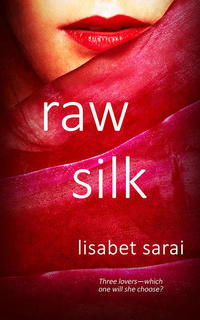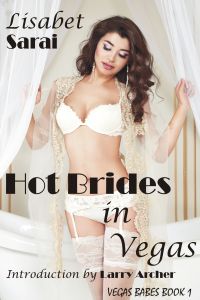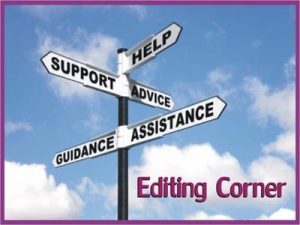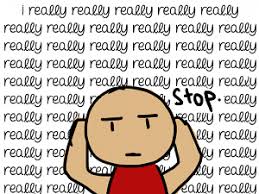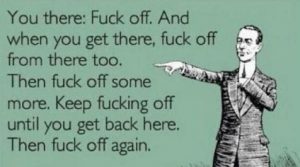I’m reading Anne Lamott’s “bird by bird” which is a book written for writers. She talks about everything in this book. Jealousy. The voices in your head that are always telling you your writing is shit. Perfectionism. The craft of writing. Writer’s block.
She also talks about writer’s groups, ranging from a few writer friends meeting occasionally to critique each other’s work and gossip to expensive writer’s conferences where you can count on people, including those you have long admired, taking a blowtorch to your work.
I’ve been in two writer’s groups so far. One when I was much younger and greener. I was the only horror writer in a group of romance writers. It was an eclectic mix but I learned a great deal, plus I felt accepted and valued. Today, I’m in one where I’m the erotica, romance and horror writer in a group of memoir, literary, and non-fiction writers. Another eclectic mix. This group meets once per week on Wednesday mornings, and I love getting together with the other women on a regular basis. It’s a woman-only group. The men’s group meets immediately after this one.
I may write what the others don’t but I don’t feel at all an outsider. That’s what I love best about the group – the friendship. We are honest (not brutal) in our critiques and I get lots of useful feedback, especially when my confidence is low or I’m stuck at a spot in the story where I see no easy way out. Sometimes I paint myself into a corner. These women help to get me out of that corner.
Lamott described her writer’s group which sounds very much like mine. She wrote: “We – the other students and I – can be like a doctor to whom you take your work for a general checkup. We can give you a place to show up and give you a little benevolent pressure, which we hope will help you finish stories and sections. We can give you some respect, because we know what it takes.” Everyone helps each other and is fair-minded in criticism. An important thing to me is that no one is attacked or feels attacked.
My writer’s group recently helped me out of a very sticky situation with a novel I’m currently struggling over. I had no idea who one of the important, pivotal characters was because I created him from the seat of my pants and his nature was still developing. I also had no idea where the book was going and because of that I was stuck. The group leader introduced us to an exercise which has come in very handy for me – writing in reverse from the end to the beginning. I knew in general how the book was supposed to end so I created note cards describing that ending and then I moved backwards, briefly describing each scene. While doing this, I discovered the identity of that vexing character. Suffice to say he is really a she and now that I know who she is she is much easier to write. I’m also able to further develop a few minor characters I’d rather see more of. They’re interesting people and important to the plot. I’ve almost written backwards to where I am currently in the book. I have a long way to go but I feel much better about this book now than I did months ago when I all but gave up on it.
Writer’s groups may be available in your area. Call the local library or college to find one near you. Contact your local chapter of Romance Writers of America. It may know of groups near you. If you have friends who live near you who write, set up one of your own. I think it’s best to stick to smaller groups. That way, everyone is heard and things stay informal. My group ranges from four to ten people depending who shows up on a given week. Time of year, weather, and personal issues come into play regarding attendance. I look forward to my writer’s group each week for several reasons. It’s nice to hang out with other writers. It’s fun to be exposed to genres I don’t write and to give and receive feedback. I look forward to plot developments from others in the group. Updated manuscripts are a joy to hear read because I watched that piece grow from an “OMG what is this shit?” opinion by the writer to “this story is working out well”. Publication news is always greeted with great cheer. I get feedback I otherwise would not have received, thereby helping me my work in a new light from different perspectives. The women often bring treats to the group like croissants and muffins. We make coffee. We have birthday parties and holiday parties. If you can find a writer’s group like this I highly recommend joining. There is great value in the friendships and work inherent in such a group.
——–
Elizabeth Black writes in a wide variety of genres including erotica, erotic romance, horror, and dark fiction. She lives on the Massachusetts coast with her husband, son, and her two cats.
Web site: http://elizabethablack.blogspot.com
Facebook: https://www.facebook.com/elizabethablack
Twitter: http://twitter.com/ElizabethABlack
Amazon Author Page: https://www.amazon.com/author/elizabethblack
Newsletter:http://eepurl.com/b76GWD





